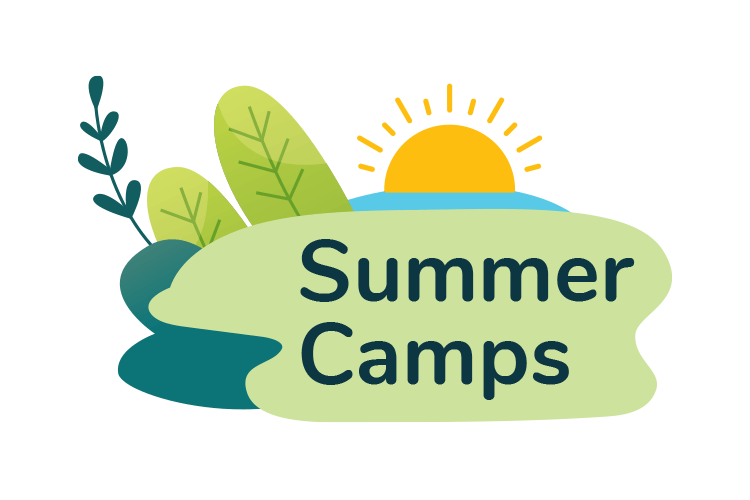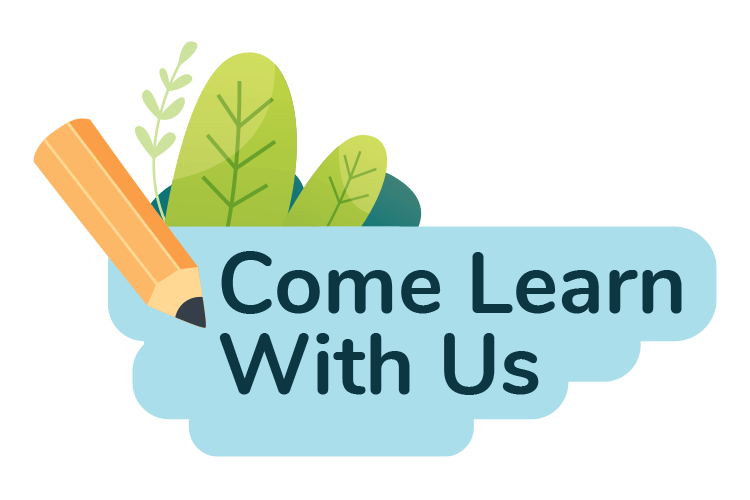By Special Contributor Cathy Dueck, Project Coordinator
In the spring of 2016, after considerable research and public consultation, the Pathway to Stewardship document was released. It proposes a stepwise series of experiences for children and youth, matched to their growing interests and abilities, to specifically nurture a sense of caring, connection and responsibility for each other and the world they share.
It recognizes that we only develop respect and appreciation for the natural world by developing positive relationships with it, beginning at an early age. And that means getting outside…a lot.
The document outlines, in clear and accessible language, the core experiences that every child needs and deserves to have to build their own physical and mental health, as well as the health of the planet that supports us. The simple, landmark experiences begin at birth and progress as children grow through the late teen years. It’s intended to be easy to integrate into daily life and support healthy character development.
Healthy character development is a complex matter at best, but there is overwhelming evidence of the importance of giving children plenty of time for unstructured play in nature. Building forts, climbing trees, building fairy gardens, following tracks and watching the stars – these are not ‘wasted time’, but instead are critically important to healthy child development. They help children overcome fears, learn empathy, make decisions, think creatively, develop strong and resilient bodies, and understand that we are part of a fascinating family of life.
Having a caring mentor who is relaxed, supportive and shares the world’s wonders without being domineering or always trying to ‘run the show’ is also a key ingredient. This is a tall order in today’s world of anxious, overstressed parents and teachers, trying to carry heavy burdens of responsibilities. Providing support, tools and encouragement for adults and youth to learn positive mentorship skills will benefit children and adults alike.
Similarly, providing plenty of opportunities for children and youth to play a meaningful role in their community, and see positive results from their efforts supports that sense of connection. For young children, this might be as simple as looking after a classroom or family birdfeeder. For older children or youth, this might mean rehabilitating a damaged stream, or being a mentor for a recent immigrant.
There is enormous power in working together to meet the many needs outlined in the document. When families, schools and community groups focus their energies and support each other, the resulting impact is enormous – far more effective than any one group working alone. The Pathway to Stewardship and Kinship is based on a series of experiences, 30 ‘landmarks’ in total, that foster positive relationships and responsibility towards people and the rest of nature. The resources already exist in the Peterborough region to put the plan into action. In fact, the Peterborough-Kawartha-Haliburton region received prestigious recognition from the United Nations as a Regional Centre of Expertise in Sustainability Education. If anyone can put these ideas to work, we can.
Teachers will be glad to know that all the landmarks link with the Ontario curriculum, so they can seamlessly integrate into classroom activities. Busy and overwhelmed parents can discover new and inexpensive ways to de-stress and enjoy family time. By collectively cultivating stewardship and a sense of belonging in the way we raise our children, nature stands to benefit too. Extending a sense of community to include the natural world makes valuing and protecting natural areas in every neighbourhood a no-brainer. Nature is the best playground and the best teacher of all.
Recent developments regarding the Pathway plan include:
- The Fleming College Early Childhood Education program is already utilizing the Pathway document as a guide for their Early Years programs;
- Organizers are contacting Early Years centres and primary school classes to pilot the ‘Landmark” activities;
- A project website is being developed along with a logo and social media presence (to be launched during the winter of 2018);
With the financial support of the Ontario Trillium Foundation we now have an amazing opportunity accelerate the whole process. We need to find schools, preschools or other community hubs and their families who would like to try out the landmarks in the Pathway document, let us know what support they need, and share their feedback and suggestions. We also need to hear from individuals and community groups to confirm what role they can play in supporting this pilot phase. If you are interested, or want more information please contact me, Cathy Dueck at cathydueck7@gmail.com
I would love to hear from you.


